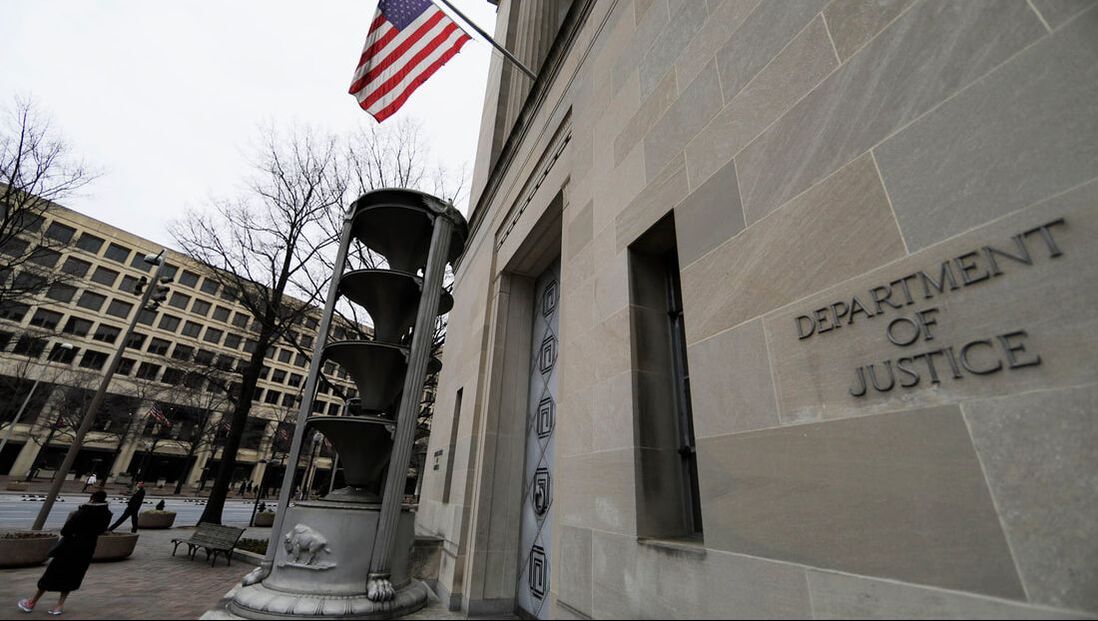|
Yesterday’s announcement by Matthew G. Olsen, the head of the Justice Department’s National Security Division, that the Department of Justice is opening a new domestic terrorism unit was met with anxiety by civil liberties organizations of all leanings, left, right and center.
A guide to how this unit might operate was seen in the June, 2021, release of the Biden Administration’s National Strategy for Countering Domestic Terrorism. That document called for “utilizing pertinent external, non-governmental analysis and information that will provide enhanced situational awareness of today’s domestic terrorism threat.” Cato Institute scholar Patrick Eddington reasonably asked at the time, “Does that mean buying still more surveillance-relevant information from data brokers, a practice that Senator Ron Wyden (D-OR) is trying to prohibit?” Many other questions seem pertinent now. Through what lens and within what parameters will extreme speech and associations be vetted before they are deemed precursors to terrorism? It is hard to say that law enforcement can have a good understanding of a definition of a targeted group when the leaders of both parties accuse each other of actively supporting violence to undermine democracy. In a hearing Tuesday in the Senate Judiciary Committee, a Democratic senator played a video of the Jan. 6 riot. A Republican senator countered with a video of violent, anti-police riots in Portland and other cities. Civil libertarians are left to wonder: Which potential terrorists are we targeting? White supremacists? Right-wing “sovereign citizens”? Hard-core leftists? Does the Marxist backgrounds of some leaders of Antifa and Black Lives Matter make them suspect as extremists who might become terrorists? What about pro-Trump Republicans who continue to question the legitimacy of President Biden’s election? For that matter, what about Hillary Clinton, who questioned the legitimacy of President Trump’s election? Closer to home, how suspicious does speech have to be to be considered a ripe target for investigation? How far outside the political mainstream does a Muslim have to be before being considered a worthy target? How angry does a parent at a school board meeting have to be to merit attention by the FBI? The ugly truth of our times is that a lot of people engage in extreme speech on social media and in protests, venting but never violent. In 1969, the U.S. Supreme Court held that the government cannot punish speech unless it is “directed to inciting or producing imminent lawless action.” That seems like a good standard to begin with. We don’t minimize the danger of domestic terrorism or the need to counter it. We do question if adding another tsunami of data will help law enforcement winnow out bad actors and predict their future actions. And we are concerned that the current warrantless access to Americans’ private data sold to government agencies by data brokers will only expand under this new program. Comments are closed.
|
Categories
All
|


 RSS Feed
RSS Feed